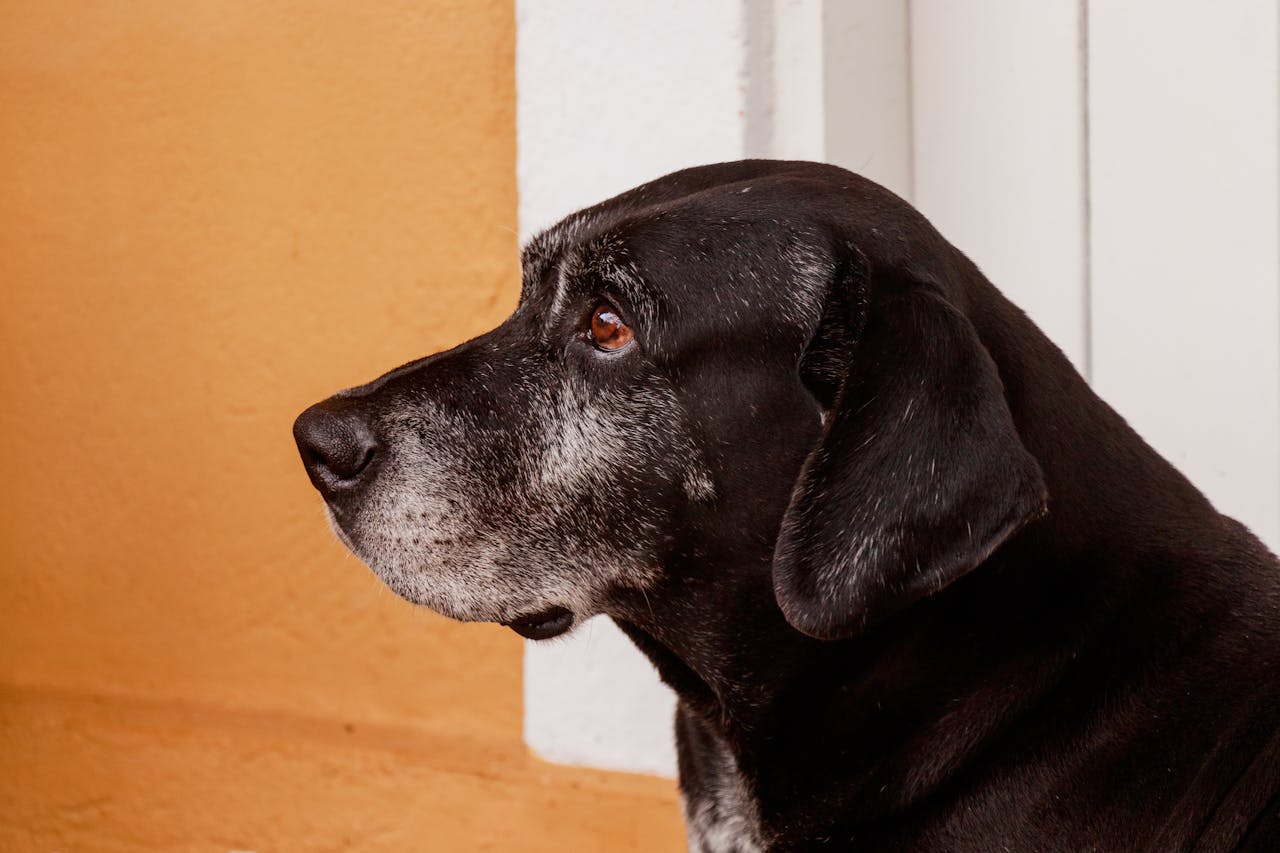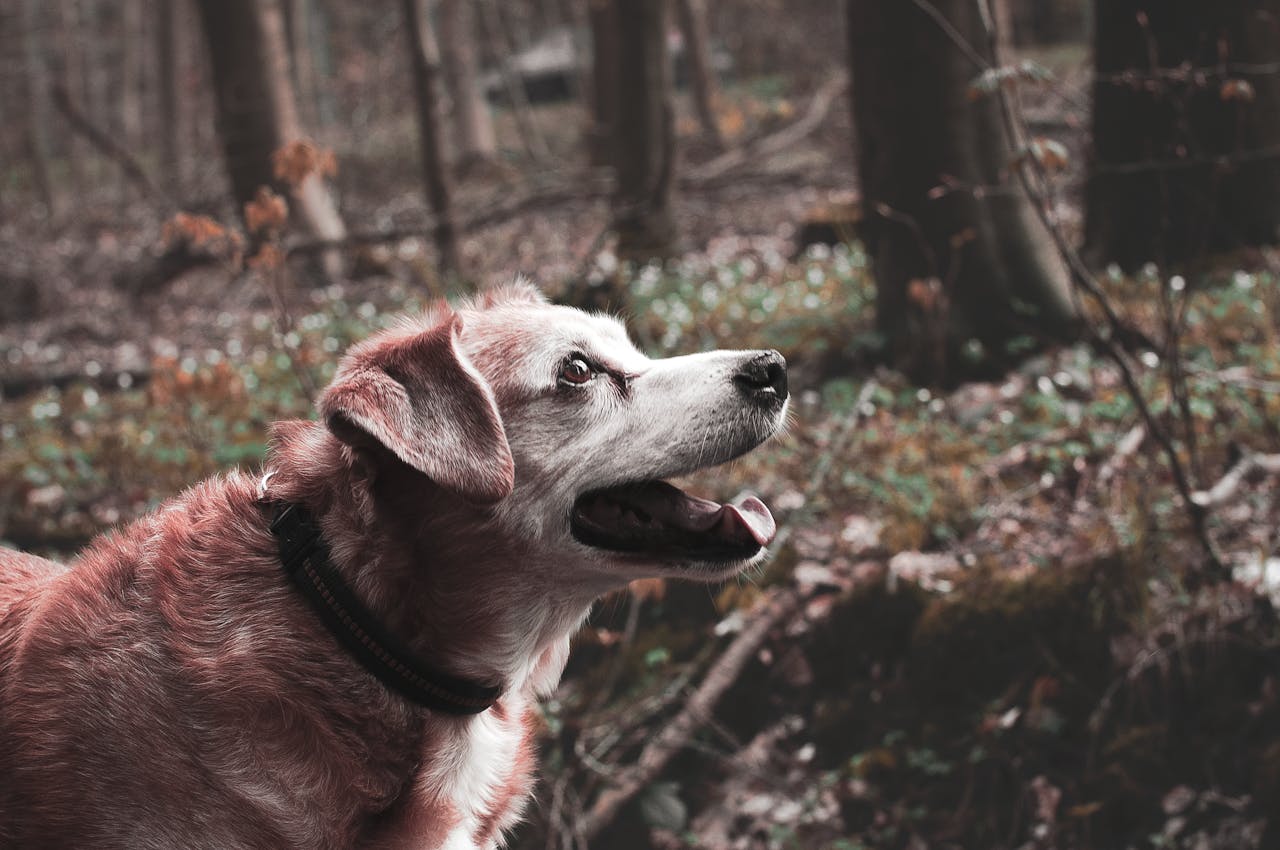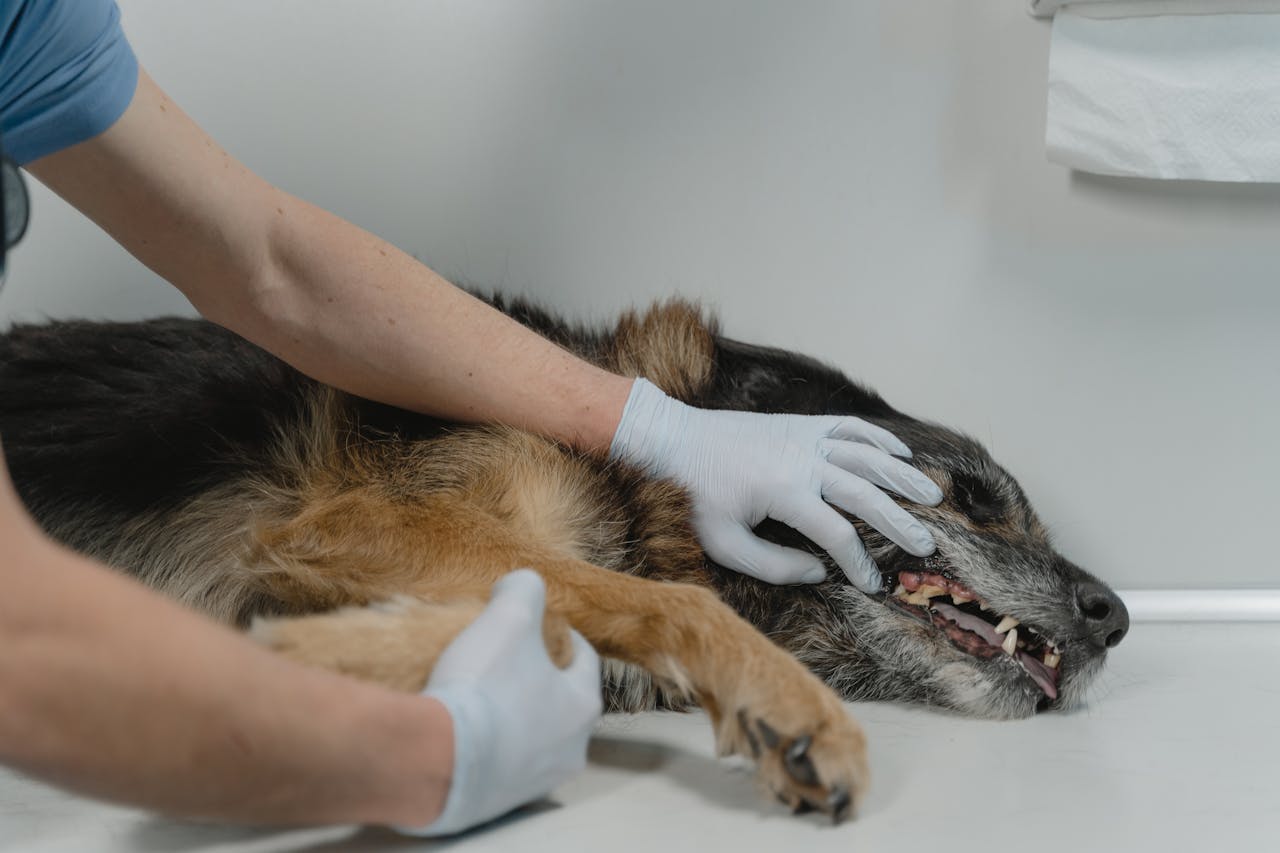Common Health Issues in Older Dogs Top 10 Concerns for Dogs Aged 5 to 10 Years

Top 10 Concerns for Dogs Aged 5 to 10 Years
Just like humans, dogs can develop certain age-related conditions. Here's a closer look at the top 10 common health issues that older dogs often face, along with an explanation.
Ear Infections
Ear infections are common in older dogs, especially those with floppy ears or a lot of fur around their ears. The wax, debris, or moisture buildup can lead to bacterial or yeast infections. Signs include head shaking, scratching at the ears, and a foul odor. Regular ear cleaning can help prevent infections, but some dogs may need antibiotics or prescription drops to treat more severe cases.
Tooth Infections
Dental health is crucial for dogs; older dogs are especially prone to tooth infections and gum disease. Left untreated, tooth infections can lead to pain, difficulty eating, and even more severe health issues like heart disease. Signs of dental problems include bad breath, difficulty chewing and pawing at the mouth. Regular dental check-ups and cleanings are essential to maintaining your dog's oral health.
Vomiting and Upset Stomach
As dogs age, their digestive systems can become more sensitive, leading to frequent episodes of vomiting or an upset stomach. This can be caused by various factors, such as food sensitivities, infections, or underlying conditions like kidney or liver disease. Occasional vomiting is normal, but it's important to consult a vet if it becomes frequent.
Non-Cancerous Skin Lumps
Older dogs commonly develop non-cancerous (benign) lumps or growths on their skin, such as lipomas or cysts. While they are usually harmless, it's important to monitor these lumps for changes in size, shape, or color, as some could become problematic or indicate more serious issues. A vet can determine whether a lump needs to be removed or simply observed.
Diarrhea
Diarrhea can occur in senior dogs due to dietary changes, infections, stress, or underlying health problems. Chronic diarrhea can lead to dehydration, so monitoring your dog's condition is important. If diarrhea lasts more than a day or is accompanied by other symptoms like vomiting or lethargy, it's best to visit the vet.
Bladder or Urinary Tract Problems
Bladder infections and urinary tract infections (UTIs) are common in older dogs and can lead to frequent urination, accidents in the house, or discomfort while urinating. If untreated, these infections can worsen and cause more serious kidney issues. Incontinence is also more common in older dogs, so a vet can help determine the best course of treatment, which may include antibiotics or medications to manage incontinence.
Arthritis
Arthritis is a common issue as dogs age, especially in larger breeds. It occurs when the cartilage between joints wears down, causing pain, stiffness, and difficulty moving. Signs of arthritis include limping, reluctance to climb stairs or jump, and decreased activity levels. While arthritis can't be cured, it can be managed with pain relief medications, joint supplements, weight management, and sometimes physical therapy.
Underactive Thyroid (Hypothyroidism)
Hypothyroidism occurs when a dog's thyroid gland doesn't produce enough hormones, leading to symptoms like weight gain, lethargy, hair loss, and a dull coat. This condition is more common in older dogs and can be managed with daily medication to regulate hormone levels. Regular blood tests are needed to ensure the treatment is working effectively.
Skin Allergies
Senior dogs can develop allergies to food, environmental factors (like pollen or dust), or flea bites. These allergies often show up as itchy, red skin, hair loss, or chronic ear infections. Allergies can be managed with medication, special diets, or changes in grooming routines. It's important to keep your dog's skin healthy and address any signs of irritation early on.
Skin Infections
Skin infections in older dogs can occur due to bacteria, fungi, or parasites. Dogs with compromised immune systems or those prone to allergies are more likely to experience these infections. Symptoms include red, inflamed skin, sores, hair loss, and excessive scratching. Depending on the cause, treatment may include topical creams, antibiotics, or antifungal medications.
As your dog ages, regular vet visits become even more important. Many health issues can be managed effectively if caught early, helping your dog stay comfortable and healthy for as long as possible. Watch for any changes in behavior or physical appearance, and never hesitate to contact your vet if something seems off!
Get insurance plans with wide-ranging coverage options






